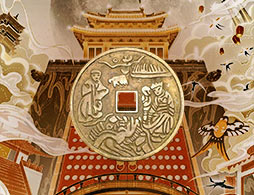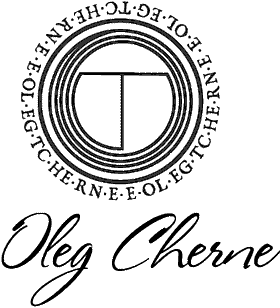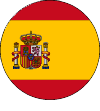Metaphysics of Wealth

It is easier for a camel to go through the eye of a needle
than for a rich man to enter the kingdom of God.
Jesus Christ
The metaphysics of wealth expresses the special nature of the space of acquisition, enrichment, replenishment, assimilation, and multiplication. It is a particular source of energy that forms the knowledge of the process of acquisition.
This knowledge is revealed to those who implement the skill of having, not simply for those who wish to have, and this skill is comparable to the notion of being as such. Only by implementing the condition of living in a certain tone of multiplication can we exercise a certain discipline that allows us to fulfill and replenish the nature of our being.
The metaphysics of wealth is first and foremost a human condition, not the presence of some kind of accumulation. Wealth is a flow; it cannot be static, otherwise, it deteriorates, undermining itself and its possessor.
The question is what is wealth – conformity, the satisfaction of what we have, or the abundance of values. A person is unable to answer it if he or she is incapable of weighing material things energetically.
The desire to have, the habit of people consuming people, of consuming space, and indeed of consuming oneself, has knocked down the attunement to higher values, making one limited, unable to look at life as a path. And so it has deprived people of the ability to relate their lives to this or that necessity.
The question here, of course, is also the sufficiency of our own energy, the possibility of its acquisition. And this is where the correspondence between what we consider wealth and our personal nature is of utmost importance. How can we weigh the experience of greed or, say, lack of mental health? After all, the desire for more with little effort or the inability to evaluate our actions leads not only to the presence of unnecessary things but also to dependence on unnecessary things. And then we begin to form the principle of inadequacy.
This leads to a reduction of focused effort in all actions, and with that, to the substitution of satisfaction for pleasure. Satisfaction is what we gain by generating our inner resources, and pleasure is what we waste by exhausting ourselves.
This is a certain kind of art of living, capable of forming the ambrosia of wealth, the ability to satiate ourselves with action. In addition, the ability to be in control of one’s actions is the foundation of success in any process. The ability to fill one’s self (as, in fact, is the ability to live in the laws of cultivation rather than accumulation) is important in everything. Only those who are able to maintain it and do something with it can have wealth, otherwise, it becomes garbage.
The question of wealth is rooted in a person’s mentality. Let’s say, money will not help to enrich one’s consciousness. It’s not about money, but the ability to invest it, otherwise you have to not just spend it, but you have to service your spending. Yes, you can say that they will allow you to go to university. But it’s not the university that makes you smart, it’s your ability to perceive and operate with knowledge.
Richard Branson, Carl Lindner, David Murdoch, Bill Gates, Steve Jobs, Mark Zuckerberg-all of them had their educational difficulties, but they had no problems with forethought, discipline, and consistency, and there are many such people.
Consequently, focus, daily work on ourselves, and discipline give us attitude and allow us to multiply. Also, of course, we have to consider nature’s inherent connection with one nurturing or another. It is this nurturing that shapes the process of gaining wealth, not the static presence of something.
Anyway, the question is what satisfaction is and what satisfaction is given to someone who wants to deal with wealth. But not everyone deals with it and, say, boasts about it or considers the presence of material values as wealth. In reality, it turns out that many people build themselves a crypt in their lifetime. Yes, having money allows you to have access to something – say, medicine. But the question of health is not an easy one. Maintaining life and fulfilling oneself in life are not always identical.
Money often kills our time, and the inability to manage time negates all acquisitions. How much does a person value and understand time? How does one invest it and in what? Or does a person just kill time, and does time kill the person?
If we derive a formula for the quality of living and the value of the time invested, we can see how much and for how long we fit ourselves into the actions where we remember ourselves at all. And it turns out that wealth is the ability to live within a certain controlled framework, a discipline, a ritual of action.
These frameworks must be controlled by us. But more often than not, they are controlled by a multitude of conditions, where the basis is an egregore on which we depend in one way or another. The approach to wealth must begin with the concept of the egregore that we use, or that we are used by. It is important to be able to see the power, then it is important to be able to multiply, and behind that must still come experience.
19 December 2021







